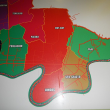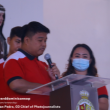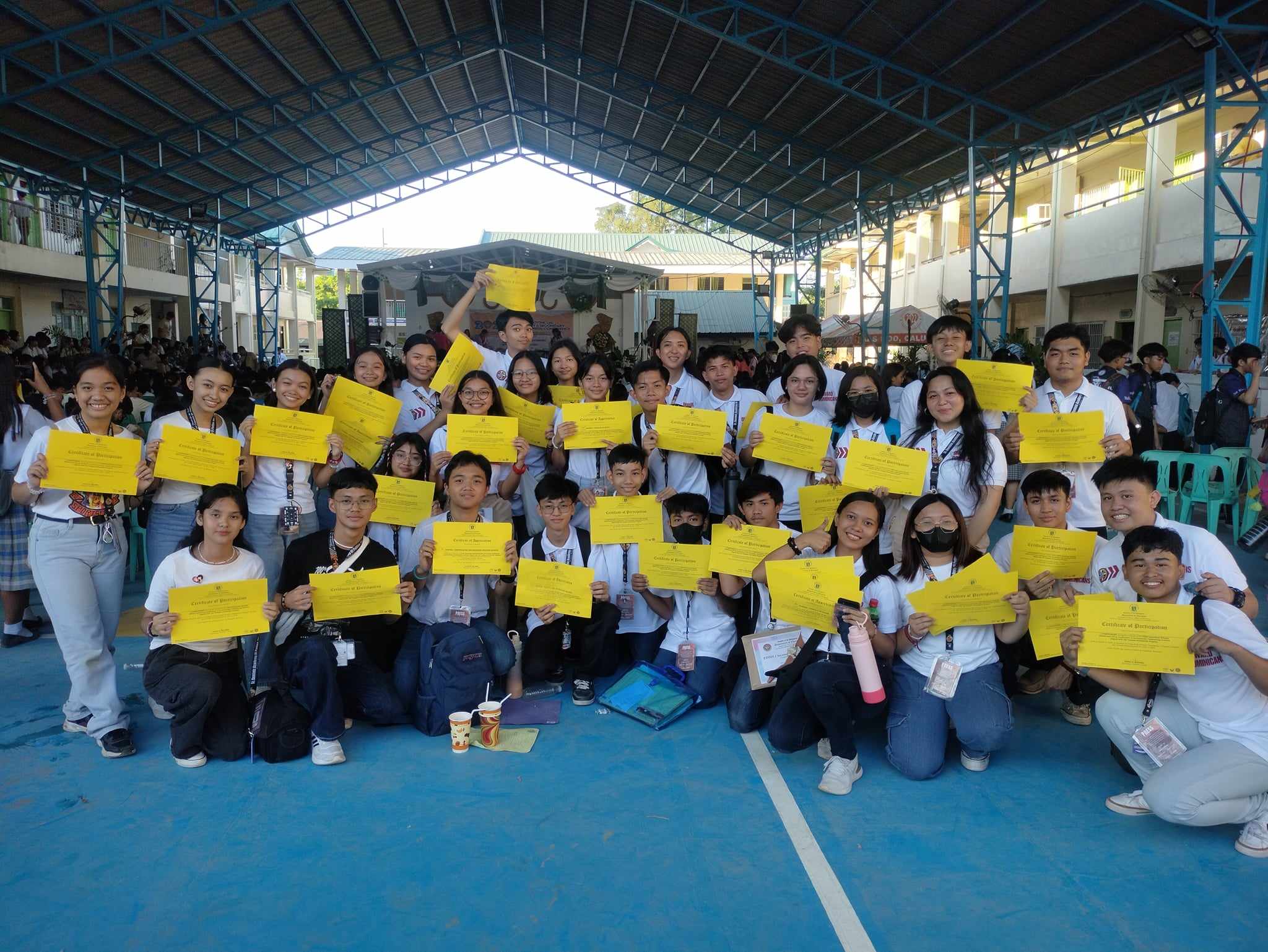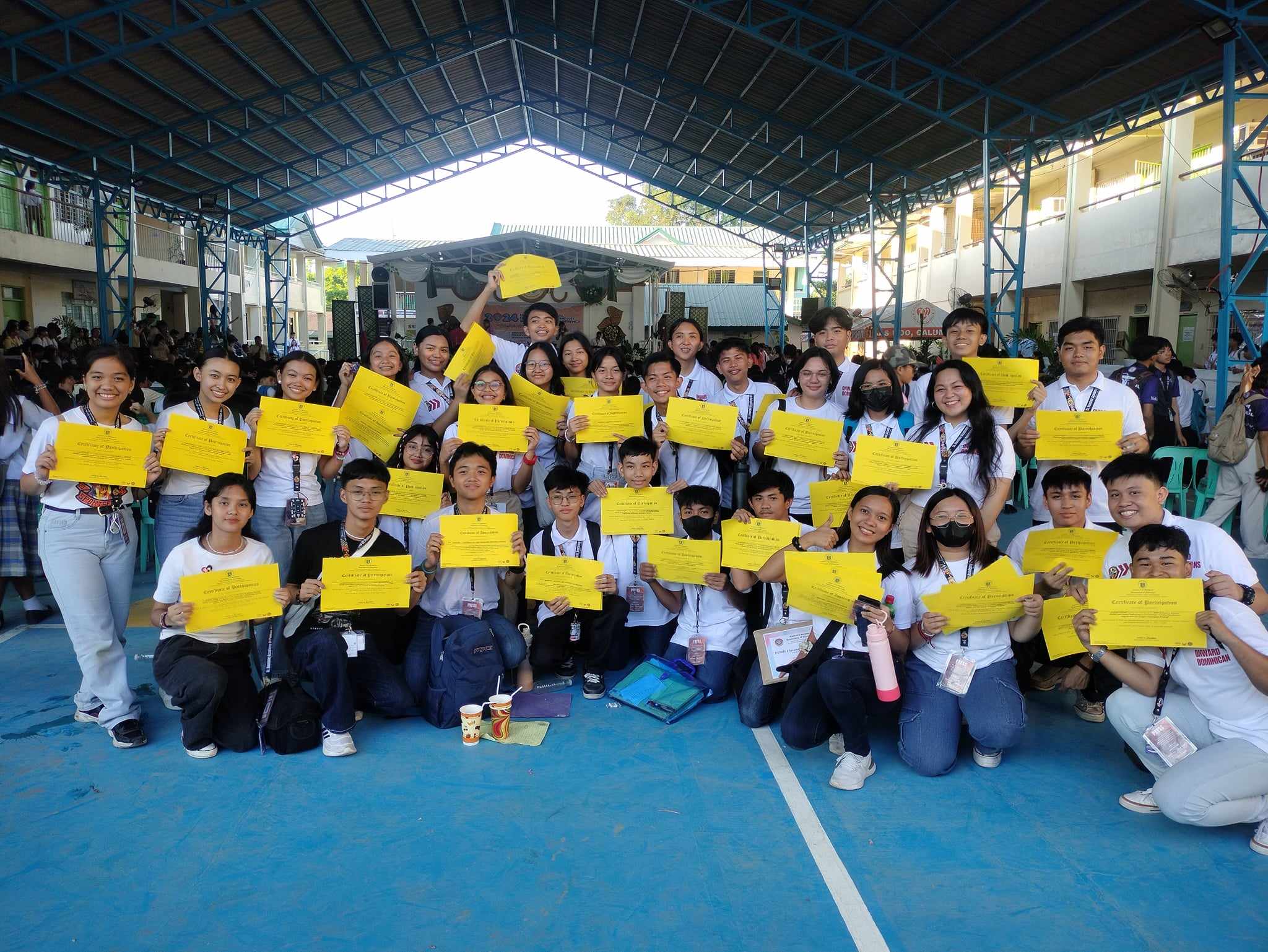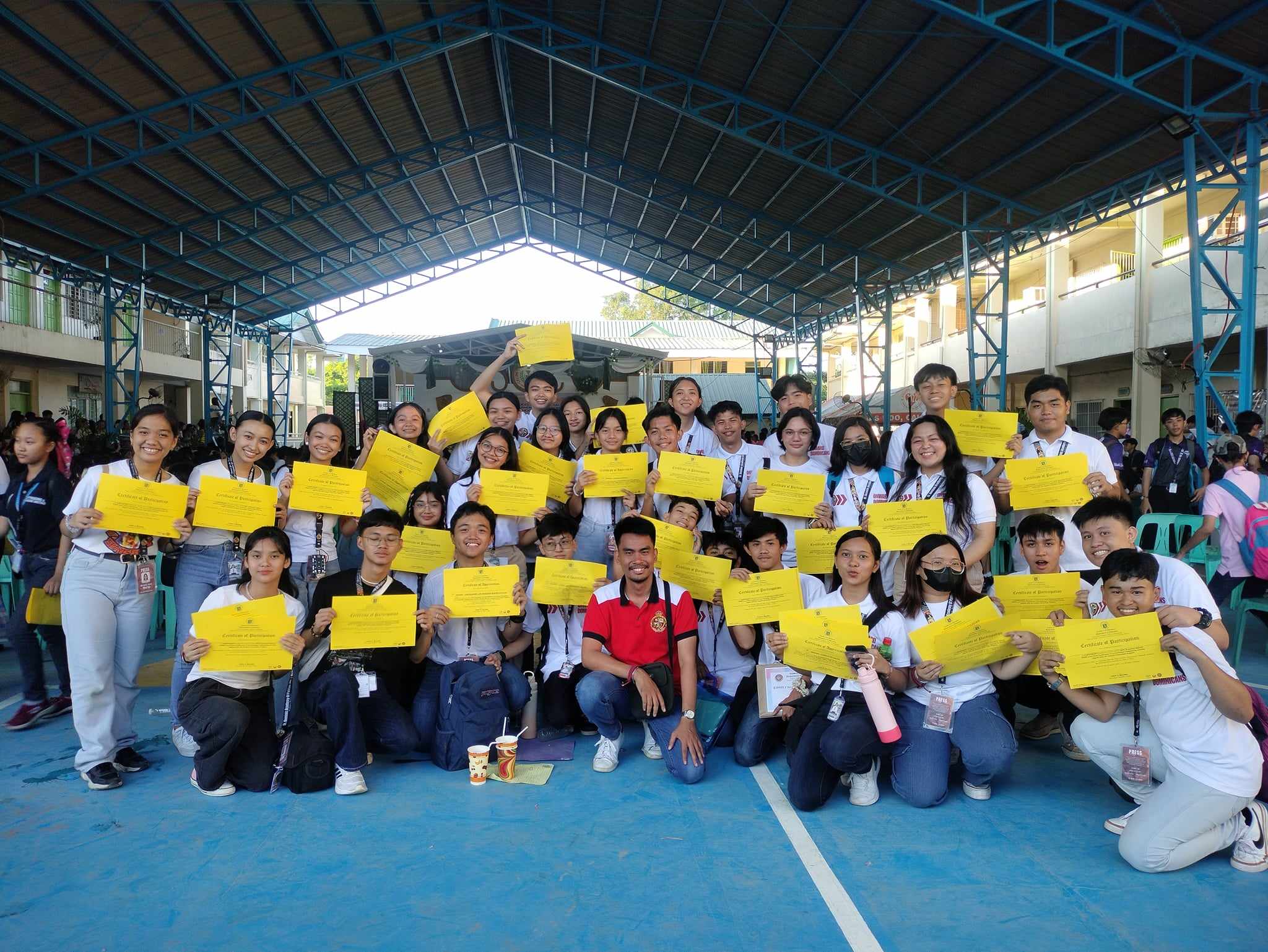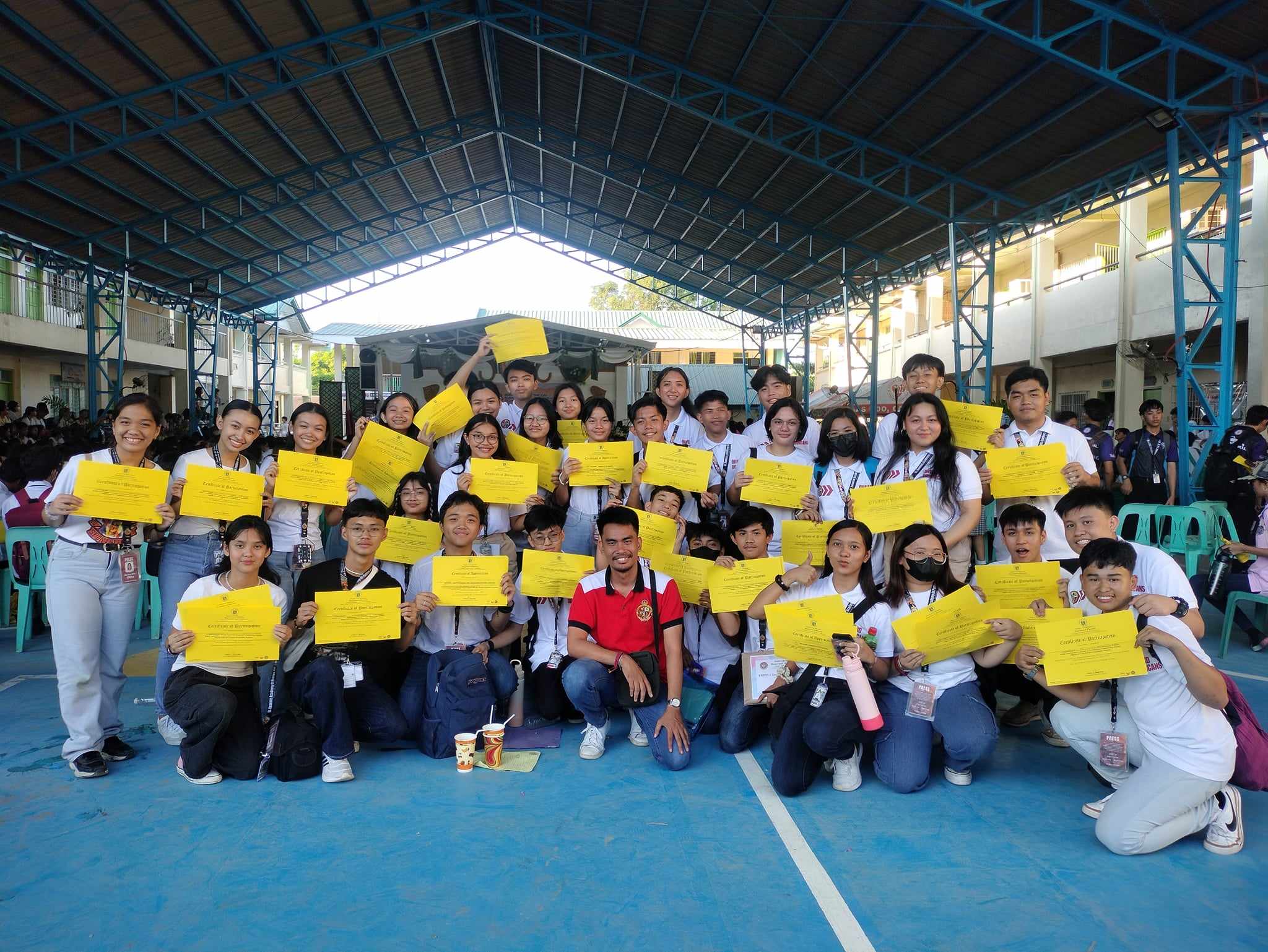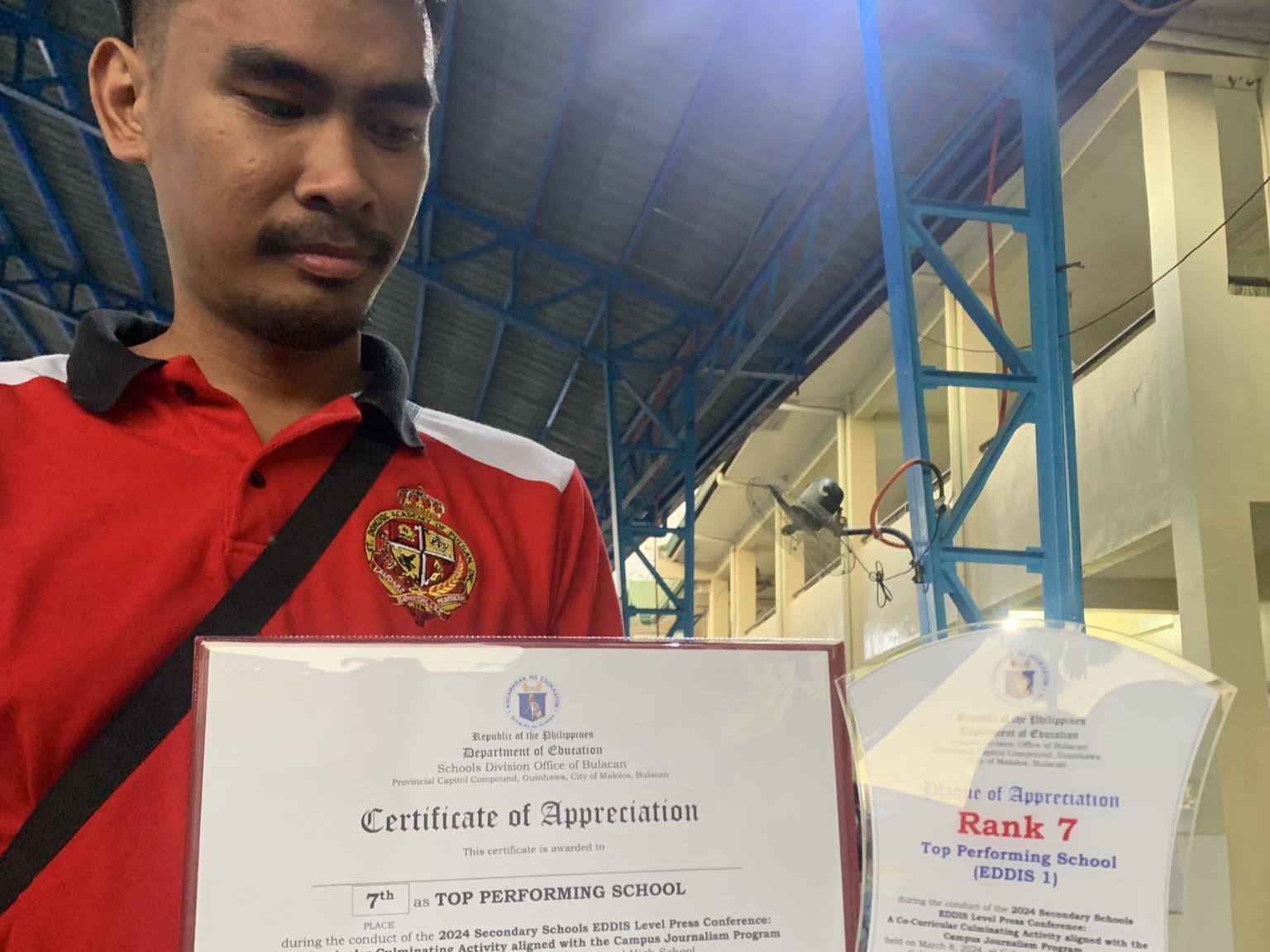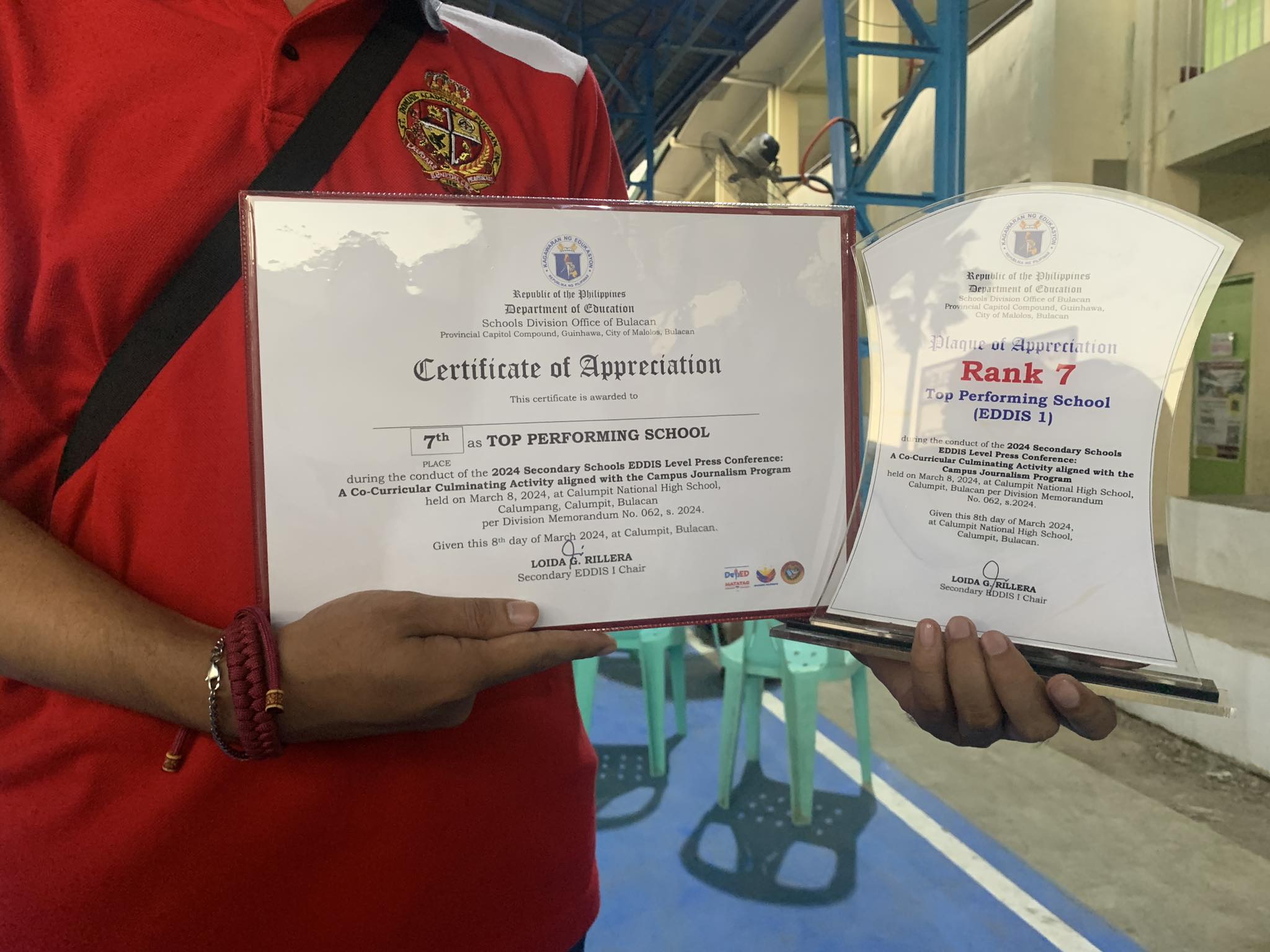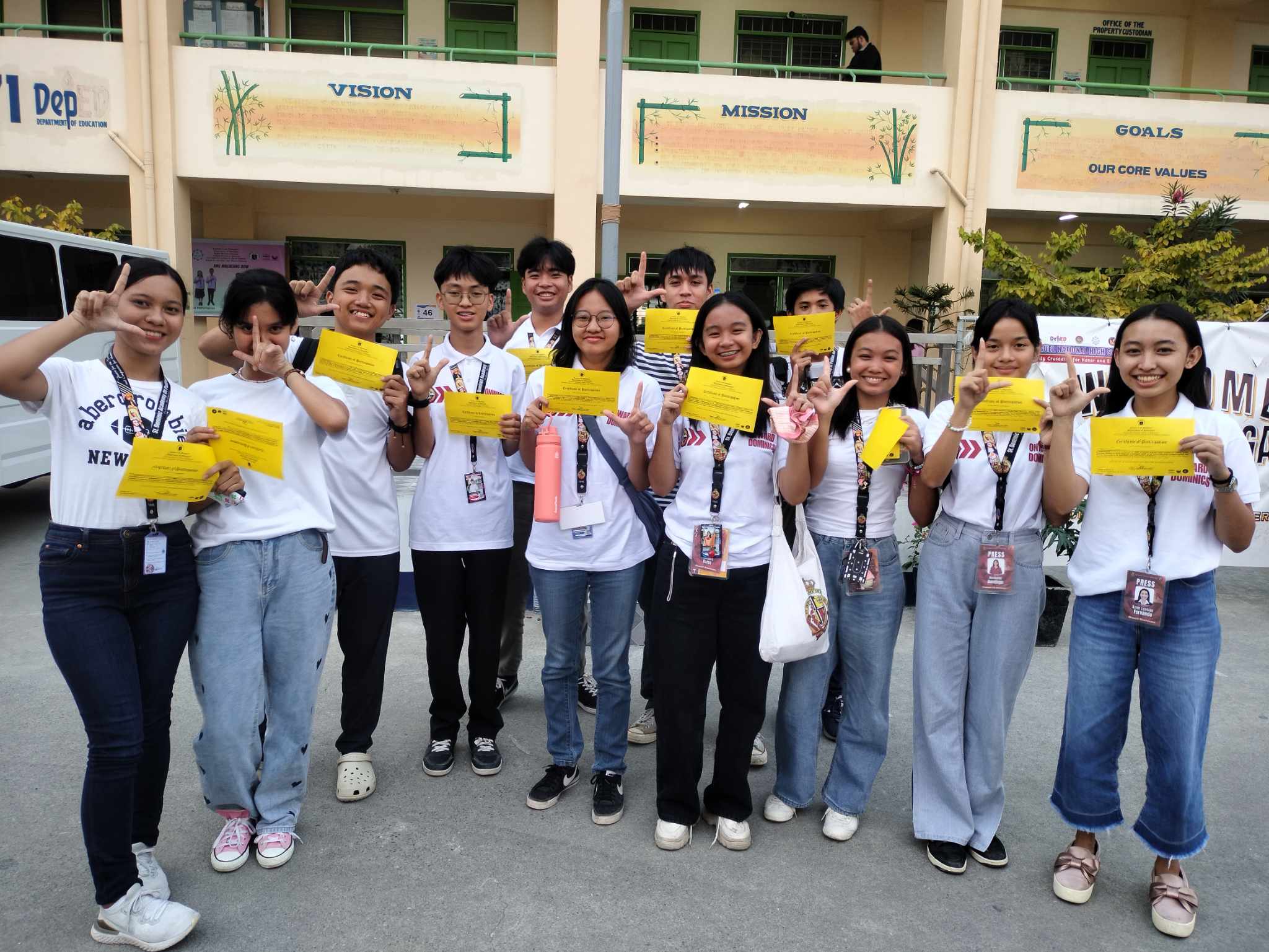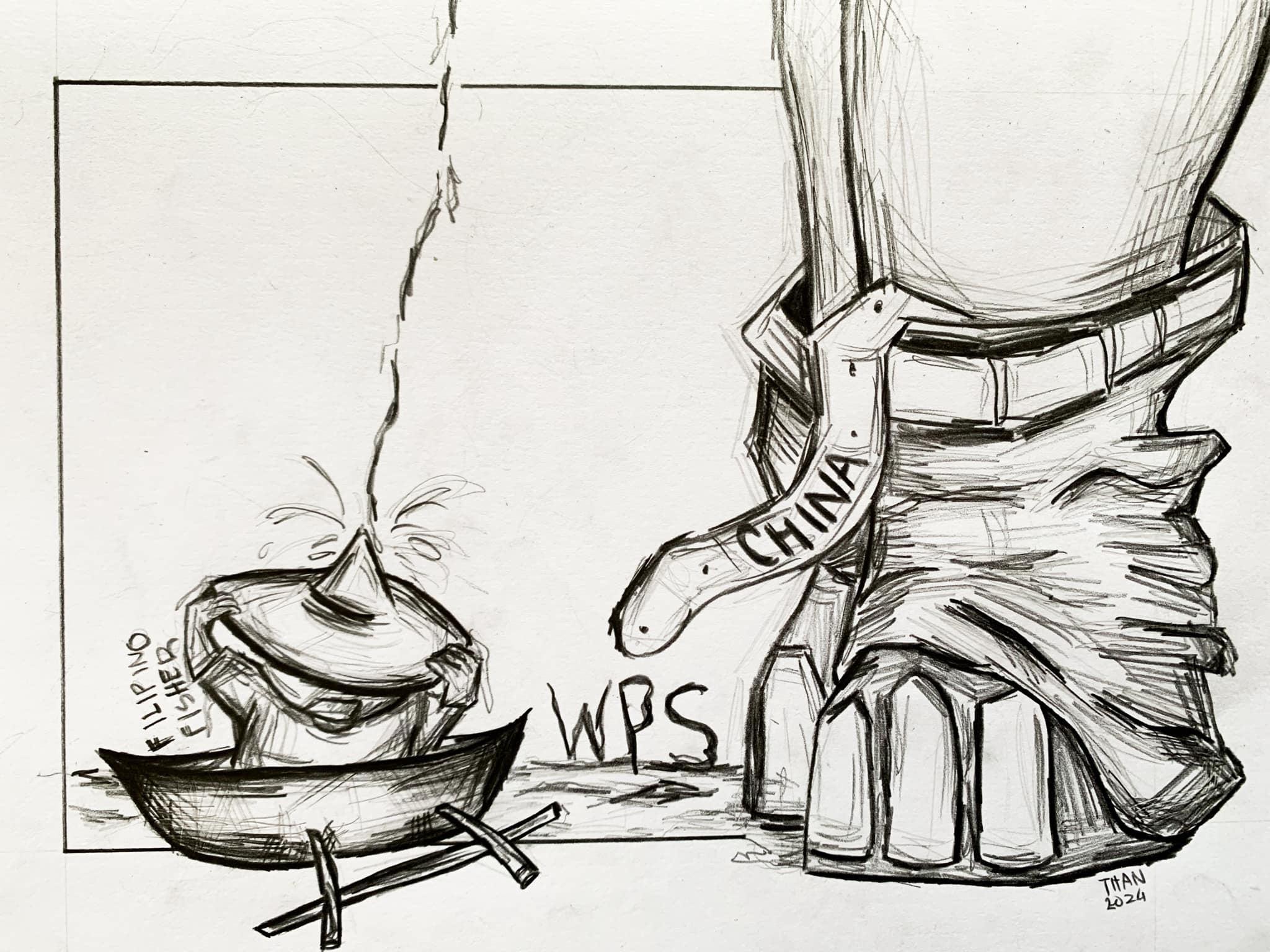
West Philippine Sea: The Name Says it All
For years, Filipinos and the international community alike were not blind to China's apparent “bullying” of the Philippines in its own seas. Both Manila and Beijing assert their rights over the disputed waters.
For Manila, the Murillo-Velarde Map is among the Philippines’ historical pieces of evidence to support our claim. Scarborough Shoal there is called then as “Panacot” while the Spratly Island is called “Los Bajos de Paragua (the lost shoals of Palawan). Meanwhile, Beijing’s Nine-Dash Line, dubbed as its alleged “historical claim” over the waters, is an expansive territorial claim that originated from an unofficial map by a Chinese cartographer in 1936. But by 2016, by way of the United Nations’s Arbitral ruling, the nine-dash line claim was deemed baseless given the United Nations Convention on the Law of the Sea (UNCLOS).
It defines the Exclusive Economic Zone (EEZ) of a nation as something extending up to 200 nautical miles from its coasts. Given that the furthermost point of the Nine-Dash Line is 1200 miles off the shores of Chinese land and despite China being a signatory to the UNCLOS, it refuses to recognize the ruling. The Philippines, though, continuously assert sovereignty over the disputed waters and this has been the cause of the apparent “bullying”.
As the West Philippine Sea is the second-most used sealane in the world behind the Dover Strait, it is clear that China wants to hog the sea for many benefits. Being among the world’s major trade routes, its rich underwater biodiversity, the believed oil reserves in the waters, and its strategic location near Taiwan, undoubtedly would make China be extremely interested in the area.
This dispute between Manila and Beijing centers mostly on the Ayungin Shoal (Second Thomas Shoal) and the Spratly Island (together with the adjacent areas within Philippines’ Exclusive Economic Zone [EEZ]). The area is 200 kilometers from Palawan. For context, Ayungin Shoal is also 1000 kilometers away from China.
The shoal has been occupied by the Philippine troops since 1999. It is a no-brainer to think that the Chinese mindset is: once the Filipino marines are out of there, it is more convenient for China to nick the West Philippine Sea.
But tensions have risen since the administration of the late former President Benigno Aquino, III in 2012. It has risen even further with the historical arbitral ruling in 2016 just months after the Duterte administration took office.
Filipino fishermen in the West Philippine Sea have always been bullied by the Chinese Coast Guard (CCG) and Chinese militia vessels. It can be recalled that in 2019, Filipino fishing boat GEMVER 19 was rammed by a Chinese vessel.
Another incident was in December 2023, when a small fishing boat became a victim of a hit-and-run incident involving another Chinese vessel.
The recent disputes have certainly affected the livelihoods of Filipinos more than before. Fishermen have been afraid to follow the trade winds to the rich fishing waters of the West Philippine Sea because of Chinese aggression in the area. This led to losing a traditional fishing ground and a significant source of livelihood. And, as the Malampaya Gas reserves in Palawan is also at the verge of emptying, losing the seas could crash the already-bothersome Philippine economy and energy source, not to mention the social unrest the dispute has caused.
Violent tactics have also escalated since then. The most recent of which was that a Filipino soldier has lost his thumb from the obvious use of force from China.
President Ferdinand Marcos, Jr. deemed this incident as “not an act of war”. According to him, for it to be considered as such, there shall be a death of a Filipino with China as the cause.
Recent survey showed that Filipinos rally behind the government in its course of action in the West Philippine Sea. The issue has made the populace a bit emotional, almost considering China, as a “major adversary”. The alleged “secret agreement” that Former President Rodrigo Duterte made with China absolutely does not help as it ravines more of a divide between the citizens and its government, festering mistrust.
According to the former administration’s spokesperson, Atty. Harry Roque, it is an alleged pledge not to bring construction materials to the BRP Sierra Madre, a Philippine ship which serves as an outpost since 1999 and in return allowing Filipino fishermen to fish freely in the area. Experts say that if the “gentleman’s agreement” were to be true, it could be considered treasonous, and could merit betrayal of public trust. Despite this alleged “gentleman’s agreement”, Filipino fishermen’s opportunities in the area remain scarce citing fear of possible aggression.
Filipinos do not disregard China’s aggression, the country also took more action in response to the apparent “bullying”. This sends the Philippines and China into an escalatory spiral that continues to be harder to diffuse by each moment. Despite calls from the international community and given that the two countries are in no way surrendering to each others’ claims, it is uncertain when this conflict will end. Certainly, the conclusion will not happen soon.
The Marcos administration has taken a stronger stance than its predecessor. However, some remain skeptic, throwing into the discourse the apparent “war” which could happen should the conflicts continue. But Filipinos seem not to cower in fear. Most netizens took to social media their sentiments over the issue with hashtag #AtinangWestPhilippineSea trending over popular social media sites.
The apparent fear mongering seemed to have not worked as Filipinos rallied behind the administration over its course of action in the West Philippine Sea dispute.
A war seems unlikely given the odds. With its initial move of taking the case into arbitration, Manila should continue with the legal and diplomatic path in its actions. If diplomatic actions can mitigate this harassment, then the Philippines must engage only in diplomacy and should not provoke a war. There are international laws in place to protect the Philippine’s sovereignty over its seas. Gathering regional support to the Philippine side could be a way to gather force necessary to make China abide by international law.
Moreover, spreading division and fear mongering among people certainly are not solutions. Given that elected leaders and their response to this issue matter, Filipinos must consider a candidate’s stance in the WPS issue given that our midterm election is roughly a year away. Electing deserving candidates that are able to do their job well, and whose stance in this significant issue promotes the Filipino cause, should be considered. After all, the disputed waters have been called West Philippine Sea and the name says it all.


.png)
